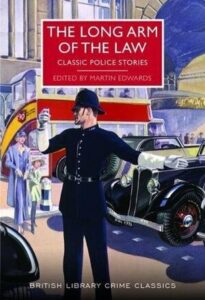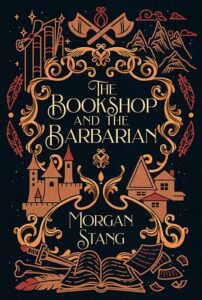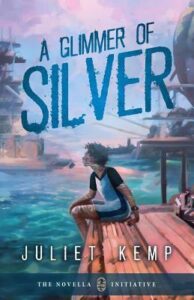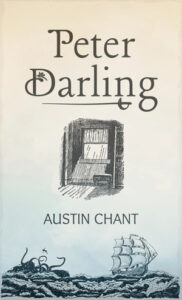 The Dos and Donuts of Love, Adiba Jaigirdar
The Dos and Donuts of Love, Adiba Jaigirdar
The Dos and Donuts of Love is definitely very young adult, but I had fun with it all the same — it’s just worth knowing going in that the teenage characters are appropriately dramatic, and appropriately at the stage in their lives where they’re figuring themselves out and figuring out what they’re even doing. (Not that adults don’t still do these things, but the teenage years are the first time you encounter it and most humans don’t do it with an enormous amount of grace).
The cast is fun: Shireen is a Bangladeshi-Irish girl who is in love with all things baking… and reality TV. She and her ex-girlfriend are both contestants in a sort of junior Great British Bake-off, and of course, sparks are going to fly. And some dough, probably.
In one sense, I didn’t love how one particular character became a bit of a villain. It wasn’t what I expected — or rather, it was, but it felt a bit exaggerated.
The best thing, I think, was the portrayal of the relationship between Shireen and her parents: the way they show their support and concern, and their growth — in the background — that leads to the happy ending for everyone. The support of Fatima and the complicated situation with Chris was also well done, I think.
There are some unexpected turns along the way where it doesn’t lean in the way I expected to, which was also fun. It’s never going to be a favourite book of mine, but if “YA romance set during a bake-off competition, with a plus-sized Bangladeshi female lead” sounds great to you, then I’d definitely recommend giving it a shot.









